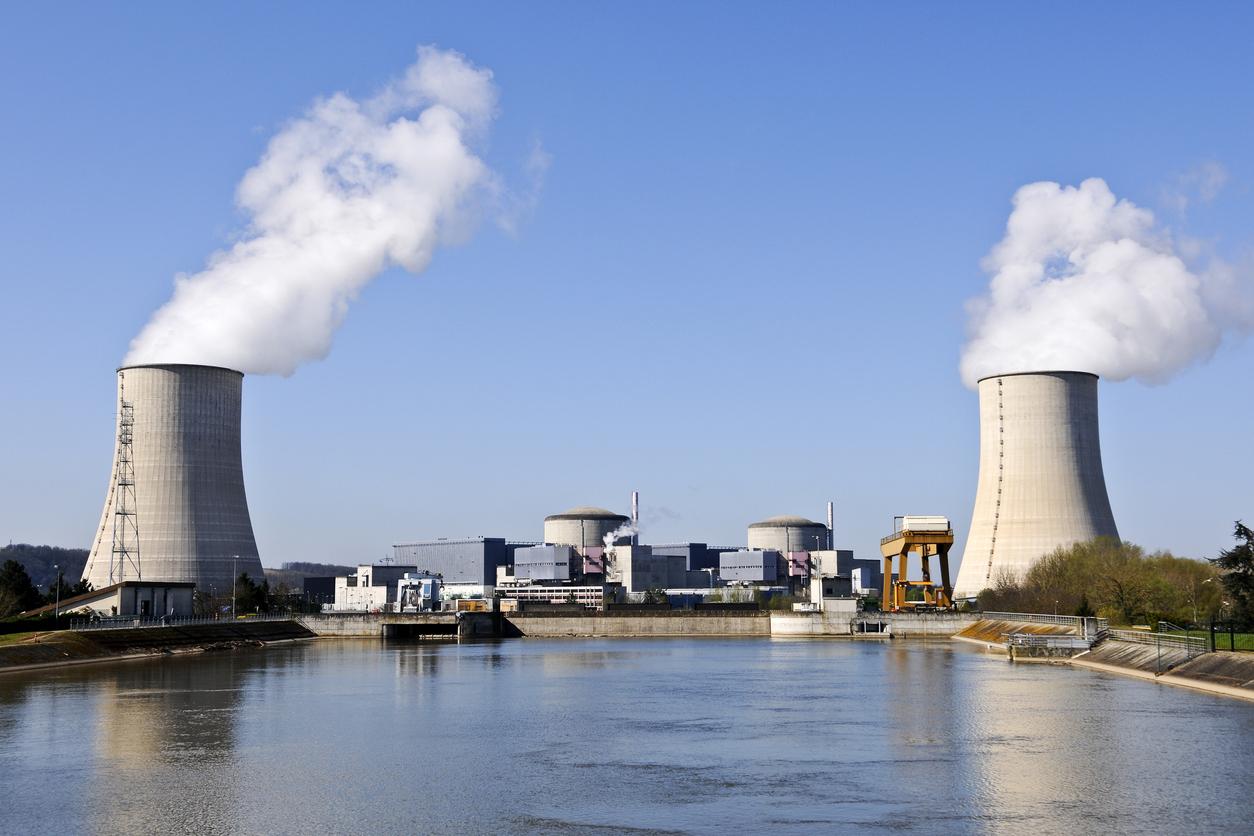Bile duct cancer, also called cholangiocarcinoma, is a tumor that develops from cells that line the bile ducts. Bile ducts are thin tubes that remove bile from the liver and gallbladder and carry it to the small intestine, where it helps digestion. The cancer that affects them is relatively rare but its prevalence has tended to increase since the 2000s without really knowing the reasons. It evolves rapidly and its prognosis is often poor: the 5-year relative survival rate is around 15%.
Between 2.7 and 3.6 times less risk of developing cancer
However, a new study published in the journal Hepatology suggests that aspirin use could reduce the risk of developing bile duct cancer.
To reach this conclusion, researchers at the Mayo Clinic in the United States, led by Dr Jonggi Choi evaluated the use of aspirin by 2395 patients with bile duct cancer who stayed at the Mayo Clinic between 2000 and 2014. They compared the data with that collected from 4,769 healthy patients of identical age and ethnicity. Aspirin was used by 24.7% of patients with biliary cancer and by 44.6% of healthy controls. Researchers report that aspirin users were 2.7 to 3.6 times less likely to develop bile duct cancer.
Researchers cannot yet explain the reasons for this protective effect, but they believe that aspirin targets the pro-inflammatory enzyme that promotes cancer development.
Further studies are now needed, especially in people at risk, to confirm the benefit of aspirin about this type of cancer.
Read also :
Colorectal cancer: aspirin would double life expectancy
Aspirin would be more effective in the evening


















